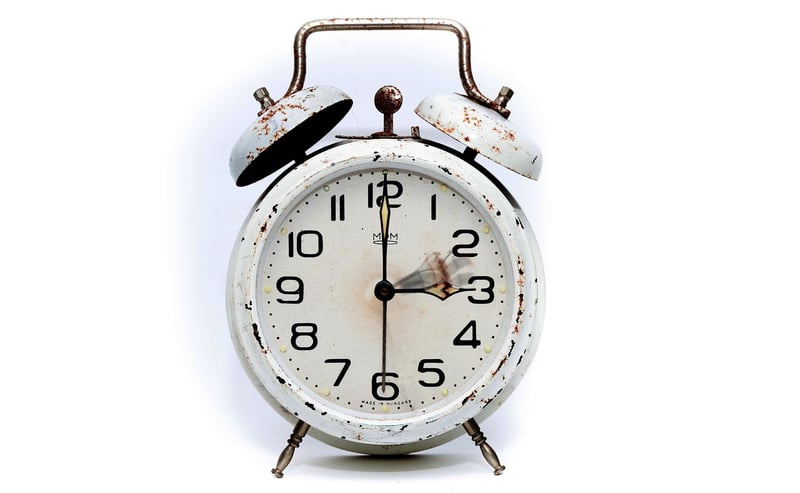Predestination Paradox
Dive into Time Conundrums and the Predestination Paradox
Time travel has long been a fascinating topic in science fiction, often leading to mind-bending conundrums and paradoxes that challenge our understanding of causality and free will. One such intriguing concept is the Predestination Paradox, a staple in time travel narratives that raises thought-provoking questions about fate, choice, and the nature of time itself.
What is the Predestination Paradox?
The Predestination Paradox, also known as a causal loop or bootstrap paradox, occurs when a time traveler unknowingly influences past events that lead to the very future they are trying to prevent or change. In essence, the time traveler's actions become the cause of the events they are seeking to alter, creating a loop with no clear origin.
Imagine a scenario where a time traveler goes back in time to prevent a catastrophic event. However, in doing so, their actions inadvertently cause the same event to occur, leading to the realization that their past self was always meant to go back in time, setting the events in motion.
Examples of the Predestination Paradox in Pop Culture
The Predestination Paradox has been a popular plot device in various movies, TV shows, and books, captivating audiences with its intricate narrative twists. One notable example is the movie "Predestination" based on the short story "—All You Zombies—" by Robert A. Heinlein, where the protagonist discovers a series of time loops that defy traditional notions of cause and effect.
Another well-known example can be found in the TV series "Dark," where characters attempt to alter the past but ultimately realize that their actions are what lead to the future they are trying to change, emphasizing the cyclical nature of time.
Contemplating the Philosophical Implications
Exploring the Predestination Paradox not only sparks our imagination but also delves into profound philosophical questions about destiny, free will, and the concept of a fixed timeline. Are we truly in control of our choices, or are we bound by a predetermined path that we cannot escape?
While the Predestination Paradox may challenge our understanding of time and causality, it also invites us to ponder the mysteries of existence and the intricate interconnectedness of past, present, and future.
Conclusion
As we unravel the complexities of time conundrums like the Predestination Paradox, we find ourselves on a journey through the enigmatic fabric of reality, where the past, present, and future intertwine in ways that defy logic and reason. Whether viewed as a narrative device or a philosophical thought experiment, the Predestination Paradox continues to captivate and intrigue us, beckoning us to explore the boundless realms of temporal possibility.

